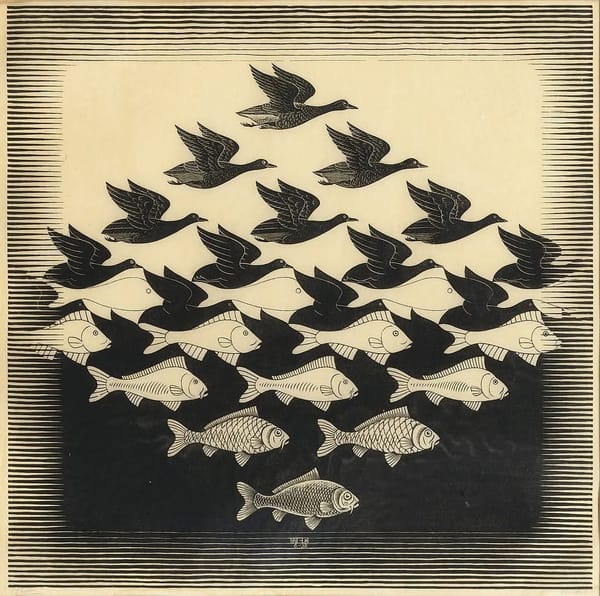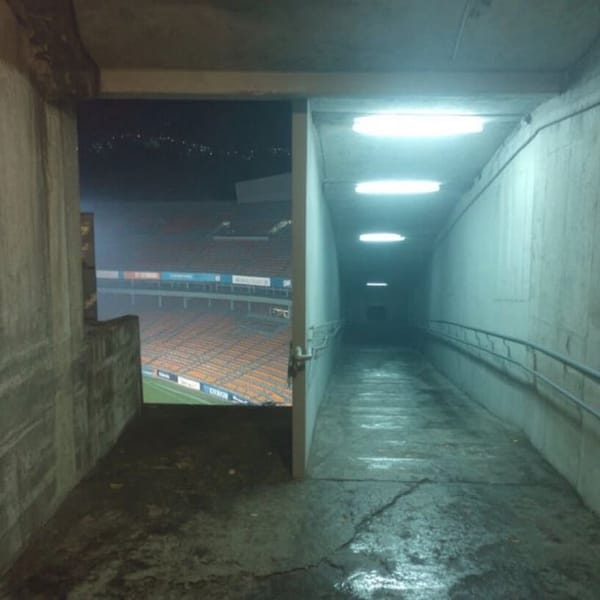Task shadows
Not your grandpa’s task inertia

1.
You’re in a bad mood. Is something bugging you from way down in your subconscious? Or are you hungry?
You feel a pang of discomfort somewhere in your torso. Is it cancer? Did it finally get you? Or did you literally just forget to drink water today?
2.
There’s a task you’ve been putting off for weeks. You do it. It takes five painless minutes.
I decided to make some changes to an old side project; a simple idea occurred to me that would give it a more intuitive use case. It involved changing a handful of lines. I balked at it, envisioning the steps — the setup, the debugging, the testing — like a list of thorns in my side. Writing out those steps felt like another straw on the camel’s back, rather than what it literally always turns out to be: a helpful breakdown that makes the whole thing go faster.
Tasks appear as giant shadows; when you walk up to them, they’re small, innocent, unassuming, even enjoyable. And you know it, and you see it, and it happens again. How?
3.
It’s more than tasks; it’s trains of thought we don’t want to go down, it’s things we do for fun. I’ve been on the cusp of getting into certain pieces of media before and didn’t, feeling like I’ve seen worlds and plots too similar. But when I do, it’s shockingly easy to get immersed. The state of mind just before starting is vastly different from the state of mind halfway through the third chapter, season, or questline.
Writing and releasing a post often leaves me with the brief feeling that I have nothing more to say, as if I used it all up. I find exactly the opposite in the long term. Releasing a piece creates a vacuum that pulls in fresh thoughts, like a new layer of rock or snakeskin appearing when an old one recedes.
4.
While there are definitely larger elements here (declining rewards, rising anxiety) something about this feels categorically different from “task inertia,” or tasks being easier to do once you get into them. Our inability to learn from it, like we learn from most things, pops out at me. My brain remains weirdly blind to this after the umpteenth time it happens. Are the shadows of old tasks obscuring the realities of new ones? Is the inertia from different tasks being transferred to each other through some mental process? I don’t know what it is, but something’s there, under the sand, and my metal detector is going off — something about executive function, repression, and the prediction of mental states. Something worth digging into. A thread worth pulling.
Getting a better understanding of it, I can already tell, is going to be a slog through a bunch of papers I barely understand, and I’ll frequently question why I’m doing it. But I can tell I’m gonna wanna do it anyway, so I might as well get started.
Title photo: The Calling of St. Matthew, Caravaggio, 1599




